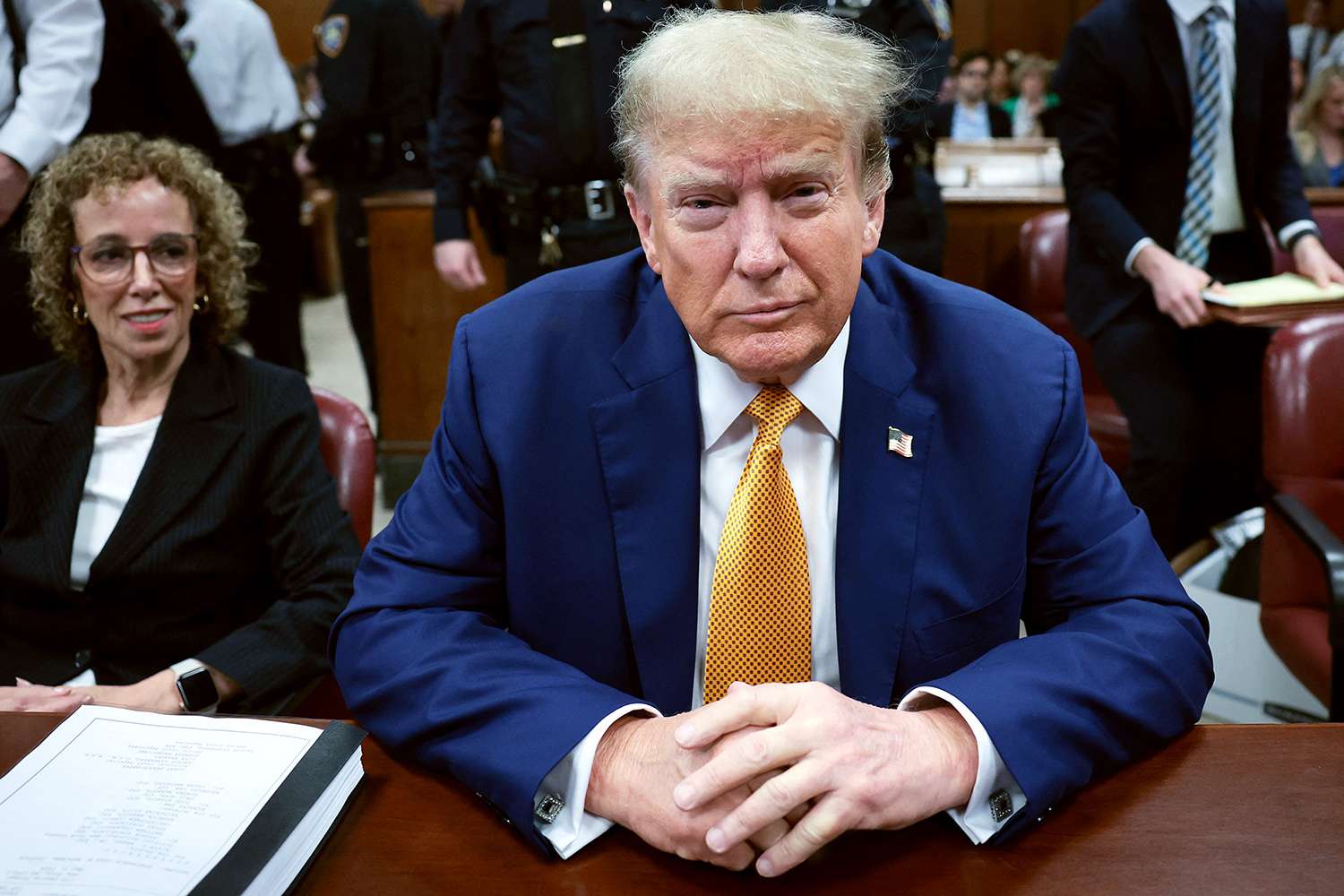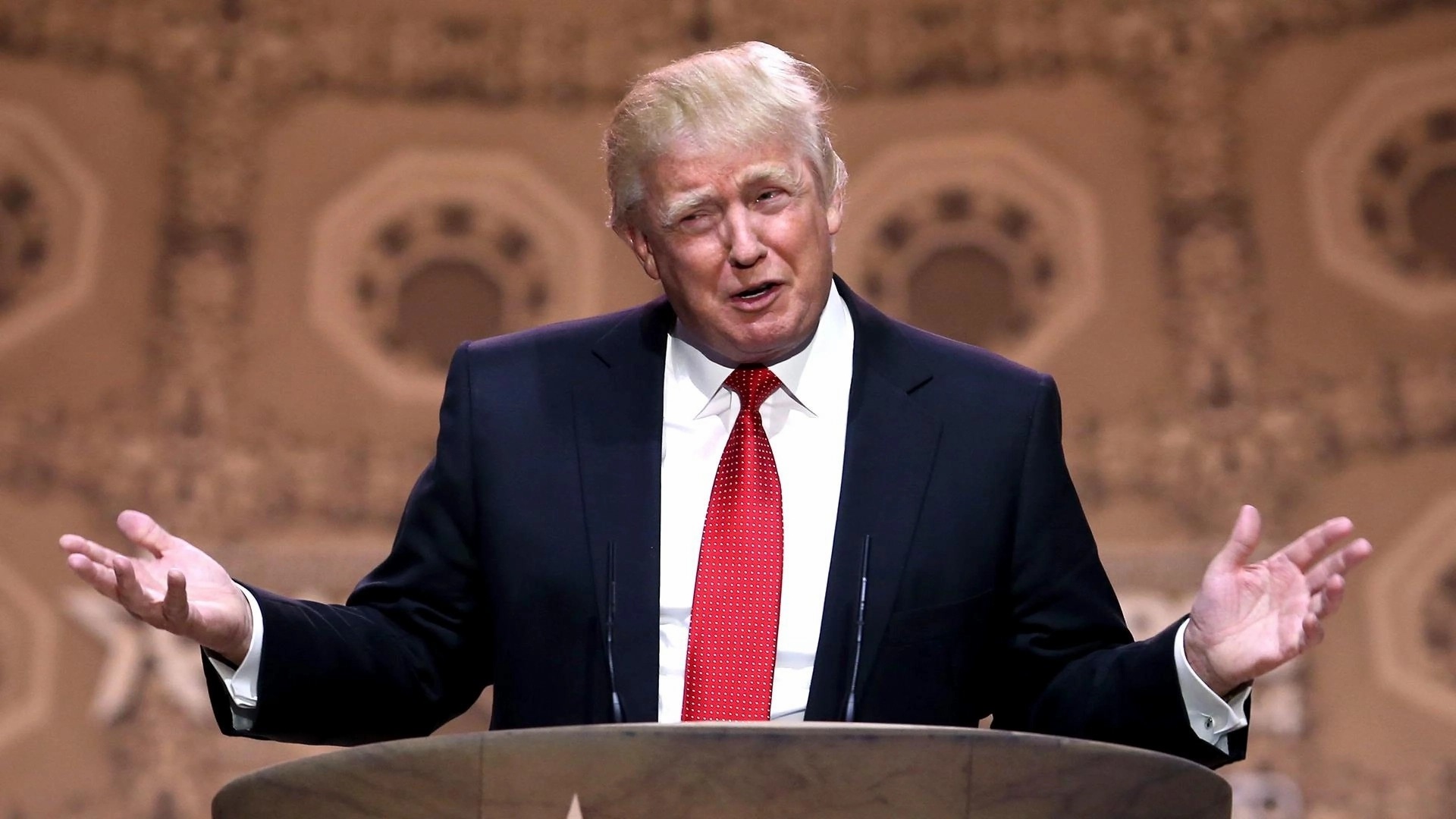According to the Washington Post, Donald Trump proposed a controversial deal during a meeting with top oil executives at his Mar-a-Lago club last month. He reportedly offered to reverse environmental policies implemented by the Biden administration in exchange for a hefty $1 billion donation to his presidential re-election campaign.
Trump allegedly framed the donation as a “deal,” citing the benefits oil companies would enjoy from reduced taxation and regulation under his administration. As part of this arrangement, he proposed scrapping stricter EPA emissions rules, which he believes would hinder the sale of electric cars, a sector he’s been critical of.
Additionally, Trump suggested ending the Biden administration’s freeze on permits for new liquefied natural gas exports and expanding oil drilling leases in the Gulf of Mexico.

Despite the potential advantages, oil companies have shown reluctance to fully support Trump’s campaign financially. While they contributed millions to his joint fundraising committee in the first quarter of the year, the industry has reportedly invested significantly more in lobbying efforts directed at the Biden administration.
Oil executives are cautious about fully embracing Trump’s offer due to their diversified investments and evolving industry landscape. Although gasoline remains a significant aspect of their business, they recognize the growing importance of renewable energy sources and may be hesitant to fully align with Trump’s agenda.
If oil executives were to accept Trump’s proposition, they would expect him to follow through on his promises. During his previous presidency, Trump’s administration attempted to challenge California’s emissions authority and delayed the imposition of higher fines for automakers failing to meet emissions targets.
Furthermore, Trump’s potential re-election could bring further disruptions to the auto industry. He has expressed intentions to impose a 100% tariff on Chinese vehicles, even if they are manufactured in Mexico. There are also indications that he may seek to dismantle aspects of NAFTA, which currently allows Mexico-built vehicles to enter the U.S. without tariffs and remain eligible for federal incentives.

